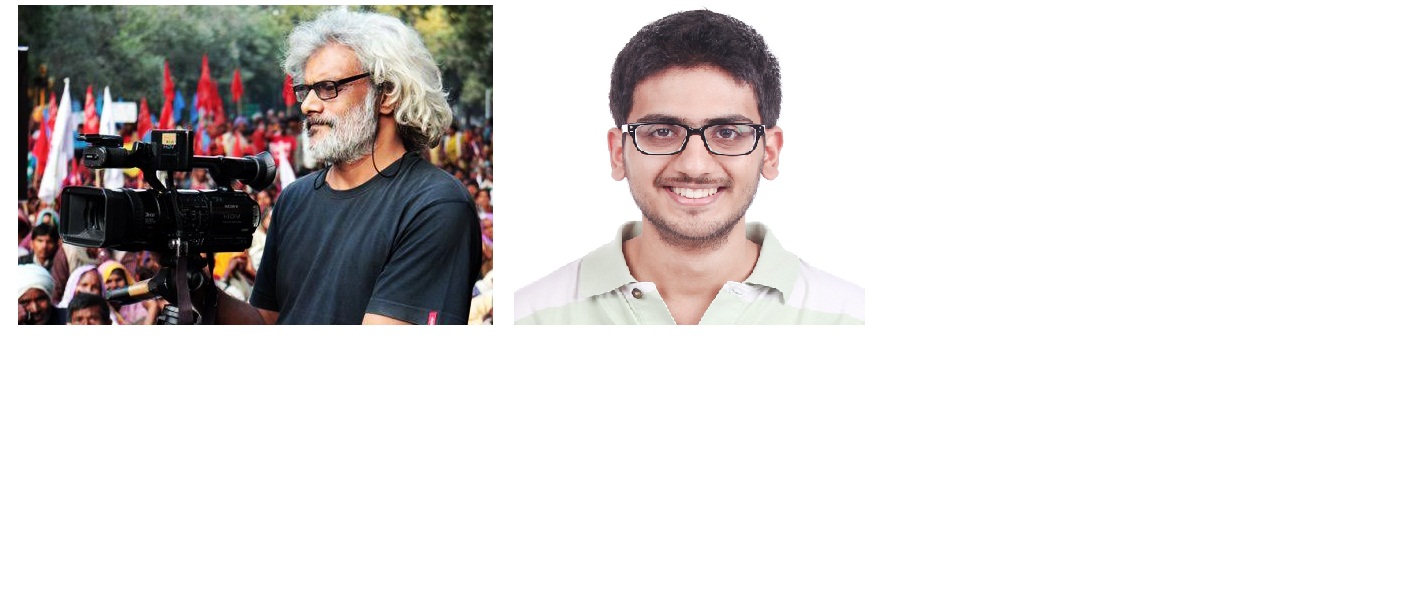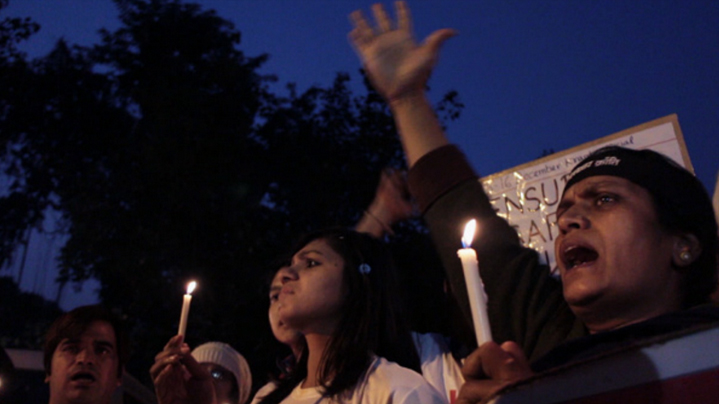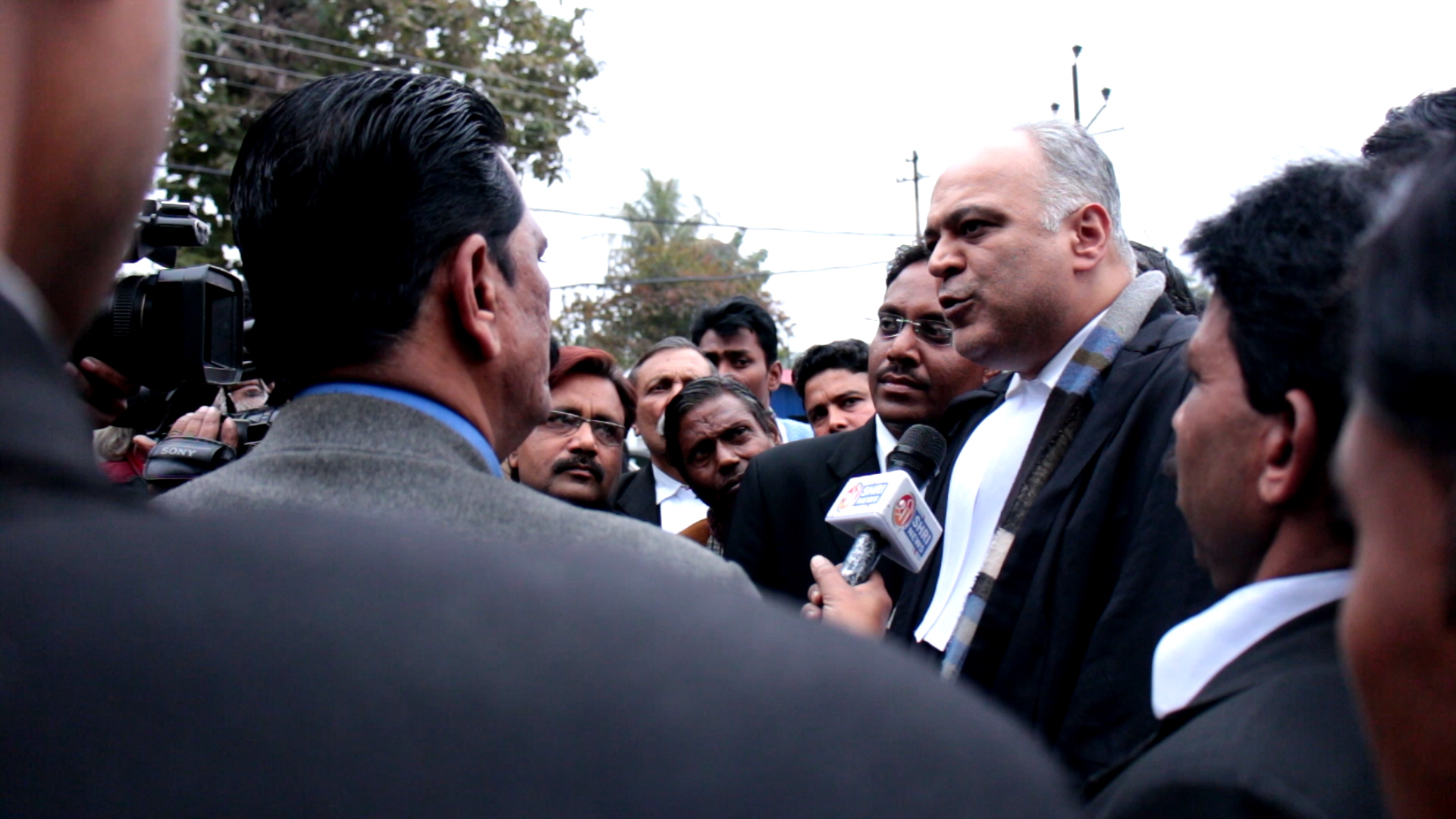ACF
Asian Cinema Fund
Asian Network of Documentary(AND) Fund
2015 Asian Network of Documentary (AND) Fund
LIST For our Collective Conscience
| Category | BIFF Mecenat Fund |
|---|---|
| Project | For our Collective Conscience |
| Director | Anurag SINGH, Antariksh JAIN |
| Country | India |
| Director's Profile |
Anurag Singh is a documentary filmmaker with over 25 years’ experience. He has been commissioned by organizations like the United Nations Development Programme, Google, Norwegian Church Aid and Skoll Foundation and has worked in countries like Gambia, Senegal, Ethiopia, Mali and Afghanistan. In India he worked on projects with the central government and local governments of Andhra Pradesh and Bihar in addition to peoples’ movements such as Narmada Bachao Andolan. His films, most notably Kaise Jeebo Re (1997), Right to Information (1999), Ordinary Heroes of Afghanistan (2005) have won awards internationally at festivals such as IDFA Netherlands and Yamagata ? Japan. Antariksh Jain is a design graduate from Symbiosis, Pune and has been exploring various aspects of the media industry in the last 3 years. He has worked as a camera person, editor and photographer on several commercial projects. He has directed two documentary films - the latest being an hour-long experimental docudrama on the lives of the “Baiga” adivasis of Madhya Pradesh. The film is presently scheduled to be screened at several film festivals. |
- Synopsis
- The current issues of violence against women and terrorism in India have become combative. Television debates have permeated into the social sphere with those for and against capital punishment becoming increasingly vocal. Advocate Yug Chaudhary, a firm abolitionist, is fighting to save a menial worker accused of raping, killing and eating 16 children. As we follow him we discover the glaring mistakes and malpractices that may send a possibly innocent man to the gallows. Meanwhile Flavia Agnes, a feminist and abolitionist, finds herself having to choose sides in a case where death has been awarded to a rapist despite the purported misinterpretation of a law. The state continues to enact draconian laws in the garb of preventive measures against terrorism, a Madrassa teacher, Md. Abdul Quayyum tries to warn the nation about religious prejudice through a book that describes how he was labelled a terrorist and sentenced to death row for 11 years before finally being acquitted. All the voices lost in the fervor to hang one man - Yakub Memon, whose involvement in a serial bombing case remains contested, and whose imminent hanging reeks of public appeasement.
- Director’s Note / Intention
-
Having known advocate Siddharth Sharma and Yug Chaudhry personally for several years, the various death penalty cases they were fighting were often the topic of casual discussions. Their abolitionist views were in sharp contrast with what I perceived as a larger understanding that I gained through my 25 year-long journey as a documentary filmmaker. I found it ironic that people who had committed heinous crimes like mass-murder were now the objects of sympathy.
My personal views on the matter were based on perceptions of morality "Is taking a life for the sake of crime prevention obsolete and uncivilized?” I thought about all possible and logical arguments with my young and enthusiastic team before filming. We soon realized it is not the logical arguments that make a compelling film but ‘stories with a human face’ that we began to unearth. In an overpopulated country like India, where the value of life is constantly marred by the continuous struggle for existence, I believe there is need to express the importance of what is primary - life itself.
- Still Cut
-

